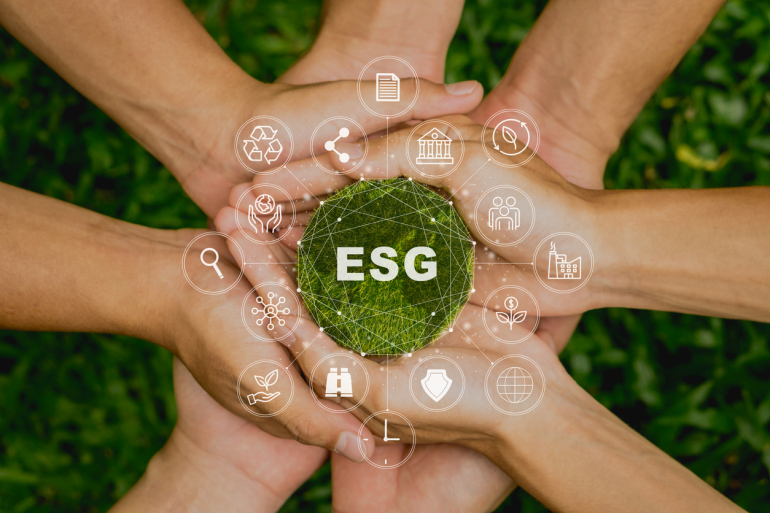Overview
Global economic governance typically refers to the institutional, policy and regulatory framework established by governments to facilitate and manage their interaction and engagement in global economic activities. As the world emerges from the COVID-19 pandemic, there is a pressing need for governments to closely examine not only their own economic systems but also the global economic governance in light of the many new contexts. Numerous challenges lie ahead, including: the further rise of economic nationalism and protectionism, the persistent geopolitical confrontation between the world’s superpowers, the ever-greater fragmentation of the international legal order, the lack of progress in reforming key international institutions particularly the World Trade Organization (WTO), and difficulties and uncertainties in the pursuit of the shared goals of sustainability, inclusiveness and digitalisation.
To address these challenges, international cooperation and communication is critical, with much of the collective effort increasingly focused on the Asia-Pacific region. Some recent and telling examples include the conclusion of the Regional Comprehensive Economic Partnership Agreement (RCEP), the US-led negotiations of the Indo-Pacific Economic Framework (IPEF), pioneering plurilateral and bilateral arrangements in the region such as the Digital Economy Partnership Agreement between New Zealand, Chile and Singapore and the Digital and Green Economy Agreements between Australia and Singapore, and the potential expansion of the Comprehensive and Progressive Agreement for Trans-Pacific Partnership (CPTPP) in the region and beyond. Understanding these and other significant developments, exploring potential opportunities and challenges, and strategically and actively engaging with the Asia-Pacific region, are thus of critical importance for reshaping global economic governance for the benefit of all stakeholders.
The 2023 CIBEL Global Network Conference & Young Scholars Workshop seek to promote academic and policy debate over the major opportunities for and challenges faced by governments in reshaping their own economic systems, as well as that of the global economic governance collectively, focusing on the role and impact of the Asia-Pacific. This year's theme will be on 'Reshaping the Global Economic Governance: Opportunities and Challenges for the Asia-Pacific Region.'
About the CIBEL Global Network
Established in 2015 as a UNSW long-term strategic initiative within UNSW Law & Justice, the China International Business and Economic Law (CIBEL) Centre is the world’s largest centre outside China for the research and teaching of international business and economic law issues focusing on the impact of China domestically, in the Asia Pacific and internationally. The CIBEL Global Network, initiated in 2018, aims to connect and engage on CIBEL issues with scholars, practitioners, regulators and the public in the Asia Pacific and worldwide. The CIBEL Centre supports and promotes this network by, among other things, holding conference and Young Scholars Workshop annually.
For more information on the CIBEL, please see here.
